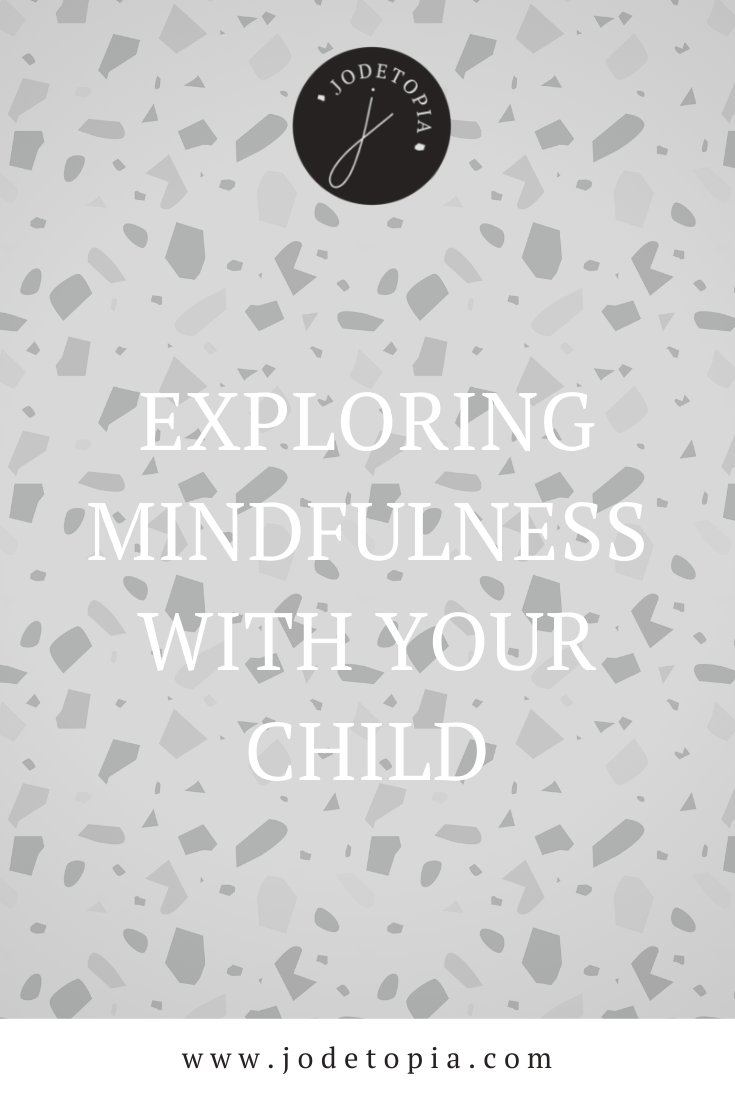AD – This is a contributed post. Please see my Disclosure page for more details.


By becoming more mindful, there’s a strong chance that we will be better able to regulate our emotions and feel less stressed or anxious. Mindfulness also allows us to become more focused on the present moment so that we learn to appreciate the little things in life. Even children can practise mindfulness; its easier than you might think. So, if you’re unsure where to start, here’s some advice from an independent school in Kent.
Next time you’re out for a walk in the park or the woods, use it as an opportunity to practise mindfulness with your child. Rather than discussing the stressors of everyday life, such as homework, exams, chores, and other challenges, ask them to truly focus on the present. What can they see, hear, taste, smell, and feel? Share some examples of your own to get them in the right frame of mind, such as the leaves crunching beneath your feet, or the cool breeze as it flows through your hair.
When your child is eating their dinner, or even just a little snack, encourage them to truly savour the taste and think about the experience. Ask them to describe the flavour and texture. Mindfulness is all about paying attention to moments as they happen, rather than letting them pass by without recognition. By practising with something as normal and mundane as eating a snack, your child will become better at being mindful in general, like when they hug a loved one.
This is particularly beneficial if your child struggles to fall asleep at bedtime. Ask them to close their eyes and consider how each part of their body feels against the sheets. Encourage them to work their way up from the tips of their toes to the tops of their head. This exercise should help them relax and prevent them from worrying about the events of the day.
Read Next: Children’s Affirmation Cards – what are they and why do you need them?